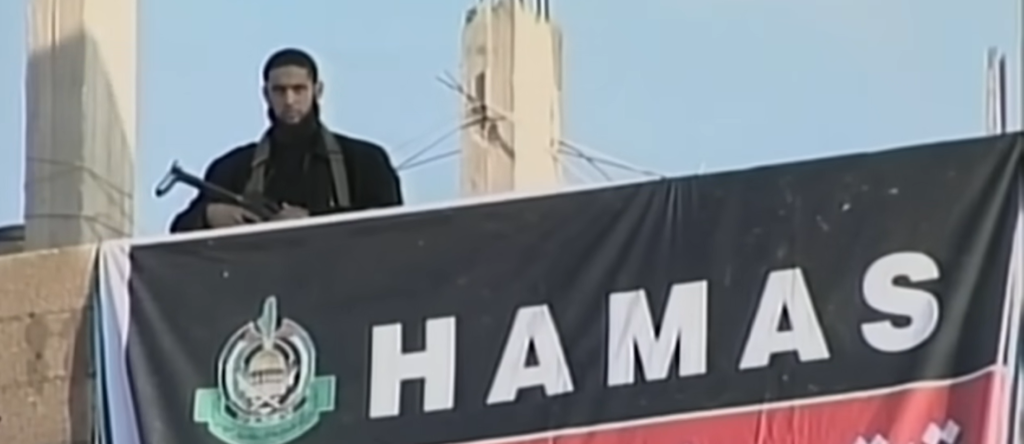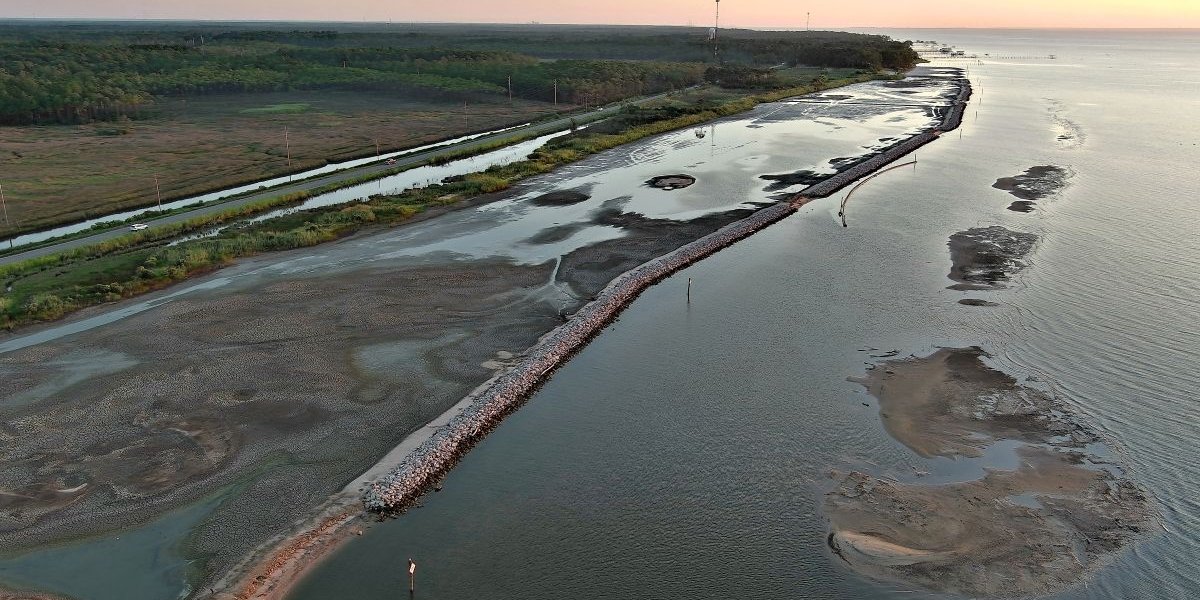President Joe Biden's Thursday Press conferenceMost people seemed to dwell on the gaffe. Yes, that's funny. But the president seemed to know exactly (or almost) what he wanted to say about the Middle East. He didn't falter, and it was clear to hear. And that's the problem: even if he was telling the truth, or the truth he was hearing from the State Department and left-leaning politicians, namely that Israel has serious problems with U.S. Middle East policy.
Biden didn't mention it. October 7 He said Hamas had invaded Israel and caused the greatest mass murder and mutilation of Jews since the Holocaust, without ever referring to it as a terrorist organization, or to the hostages that Hamas is holding in violation of international humanitarian law, or the six Americans it is holding.
“Please tell me their names, Mr. President.”
According to him, his first priority was aid to Palestinian civilians in Gaza. He went to Israel in the aftermath of “the massacre at the hands of Hamas,” but stressed that his mission was to persuade Prime Minister Benjamin Netanyahu. Allow aid to Gaza“I met with most of the Arab leaders and tried to get agreement on what we had to do to get more aid, food and medicines to the Gaza Strip. We worked really hard. Israel was sometimes not very cooperative.”
He described Israel's war cabinet as the most right-wing Israeli government he had ever been involved with, and spoke at length about meetings he had had with Golda Meir and Yitzhak Rabin decades ago.
The president said he “regrets” the failure of the Gaza Pier, which cost U.S. taxpayers $329 million, including at least $40 million in repairs. He said there has never been famine in Gaza. The United Nations also withdrewHe did not mention that aid is held up first because Egypt has not opened the gates from Sinai, and now because the UN and the “international community” cannot load aid onto trucks and distribute it.
Third, Israel will not occupy Gaza, and Israel should take the U.S. war in Afghanistan as a warning. “We made a mistake in Afghanistan,” he said, noting that “from the poppy fields in the north (I said 'every corner,' at first, mind you) we said to Israel, 'Don't think you should. Don't repeat our mistakes.'” He did not mention that “our mistakes” took place in another country, 6,000 miles from the U.S. mainland, while Israel's war is taking place in the U.S., next to its own people. He did not mention the Iran-backed Hezbollah rocket-missile war that has forced 60,000 to 80,000 Israelis from their homes and devastated northern Israel.
Iran has provided weapons, money and political support for the war between Hamas and Hezbollah, and has backed the Houthi terrorists who have bombarded U.S. and other ships in the Red Sea. He did not mention Iran at all.
Lest it be thought that he did not care about Israel, he said, “I was able to unite the Arab countries and Europe.” Iran missiles fired at Israel During April.
But Israel's defense said, “It's time to end this war. That doesn't mean we stop pursuing it. [Hamas leader Yahya] “Sinwar and Hamas.” In fact, that's exactly what it means: allowing Sinwar and his minions to emerge from the rubble and declare victory from the rubble. So what would the US do if, say, Israel assassinated Sinwar? And how does he propose to contain Hamas without destroying Israel's promised military power?
At the same time, he said, “We will not supply 2,000 pound bombs because if they are used in populated areas, it will cause great tragedy and damage.” Of course, he is right in that respect, which is why Hamas has set up its tunnels and operational headquarters under civilian infrastructure such as homes, schools, hospitals and mosques. Again, there is no condemnation of Hamas for committing war crimes against its own people. There is no mention of UNRWA or other UN support for Hamas.
He wants a ceasefire, a possible “two-state solution” and “growing discontent with Hamas in the West Bank.”
But ultimately, he has regrets: “Looking back, there are many things I wish I could have persuaded Israel to do.” Mr. President, many wish they could have persuaded Hamas to surrender and hand over the hostages.
He concluded: “My numbers are better in Israel than here.”
In fact, among Israelis who are paying attention, that seems unlikely.
Shoshana Brien is senior director at the Jewish Policy Center and editor of inFocus Quarterly magazine.
The views and opinions expressed in this commentary are those of the author and do not necessarily reflect the official position of the Daily Caller News Foundation.
As an independent, nonpartisan news service, all content produced by the Daily Caller News Foundation is available free of charge to any legitimate news publisher with a large readership. All republished articles must include our logo, reporter byline, and affiliation with the DCNF. If you have any questions about our guidelines or partnering with us, please contact us at licensing@dailycallernewsfoundation.org.







